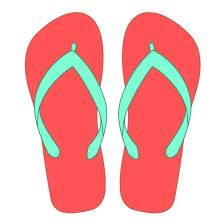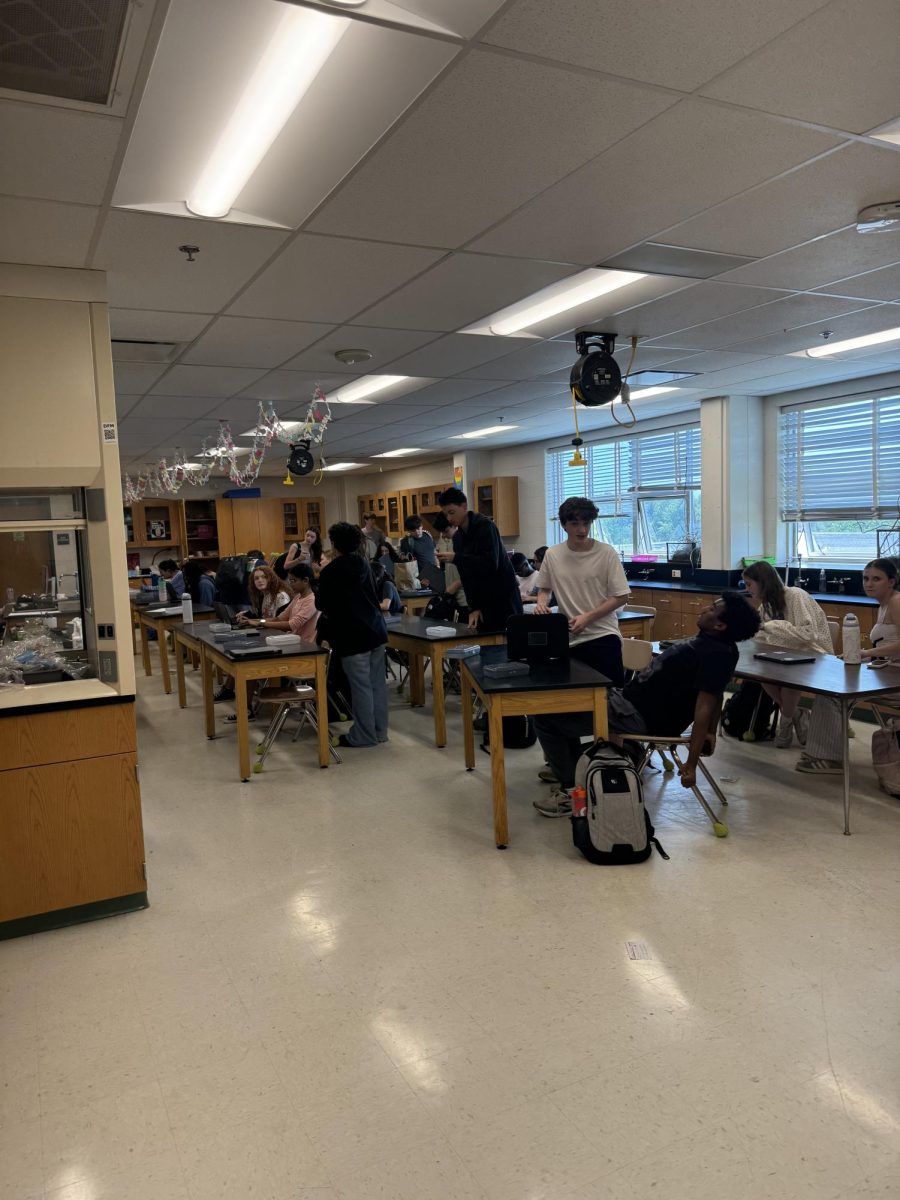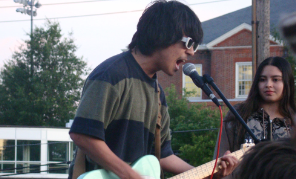To most people, ‘human trafficking’ probably is not a familiar term. Human trafficking, or modern-day slavery, is the practice of selling off girls as young as 5 to be sexually exploited for money. According to dictionary.com, “pimps,” or people who solicit customers for a prostitute or a brothel, usually in return for a share of the earnings, commonly exploit runaways and families in bad situations caused by debt, divorce or domestic abuse.
In the seemingly safe haven of Montgomery County, it often comes as a surprise that such a terrible situation could be occurring, although it has in the past.
For example, the Bethesda spa LA Nails & Spa (previously Pretty Nails & Spa), was recently shut down due to human trafficking and prostitution. The Vice and Intelligence Unit, which deals primarily with narcotics, hate violence and prostitution, was alerted due to “an increased number of suspicious spa activity on the Internet and… began receiving complaints,” the Vice and Intelligence Unit reported in a press release. The complaints started in October 2013, although the incident was tied to previous ones in 2011 and 2012 that were found in a long term investigation conducted by the Vice and Intelligence Unit. Six other spas in Gaithersburg and North Bethesda have also been shut down due to similar reports. Police state that they have discovered a dramatic increase in human trafficking throughout such establishments by seeing them advertised in the adult sections of websites such as backpage.com.
Awareness of these situations comes from people who are willing to make a difference in their community.
Four years ago, sexual trafficking awareness came to WJ through the help of Cambodian ESOL student Salen Nhean, who has since graduated. She witnessed sexual slavery as a young girl firsthand when she visited Phnom Penh, the capital of Cambodia, and was horrified to see so many young girls as prostitutes. At first, Nhean said she judged the prostitutes, but came to realize that they did not choose their fate after reading a memoir entitled “The Road of Lost Innocence” by Somaly Mam. The book describes in detail the story of Somaly Mam, who was sold into sexual slavery at 12 years old. Nhean, with the help of English teacher Grace Masonson, started a club at WJ.
“[The club was started so that] caring, creative people could come together to join the fight against sexual slavery by raising funds based on the sale of handmade products,” said Masonson. The club was dubbed “The Helping Hands Club”.
The popular club is still going strong to this day. Recent projects include the knitting of 65 WJ spirit hats, and 70 spirit scarves. The proceeds of the project benefitted the Somaly Mam Foundation (SMF).
“The knit hats were a real hit, and we sold all 65 in three days,” Masonson said.
“SMF was founded by a woman [Somaly Mam] who was a victim of sexual slavery for ten years. Since her escape, she has fought to end sex slavery and helped, through her organization, to empower its survivors.” Masonson said.
The foundation rescues women from sexual enslavement and gives them support and training in basic fields of employment. The club not only benefits the organization they donate to, but also the club members themselves.
“Our members learn a lot about advertising, marketing, and meeting deadlines. The students have valuable learning experiences about how these elements directly impact profits.” Masonson said.
With sexual trafficking serving as a huge issue in today’s society, clubs such as the Helping Hands club are working to educate and help end the struggle.







